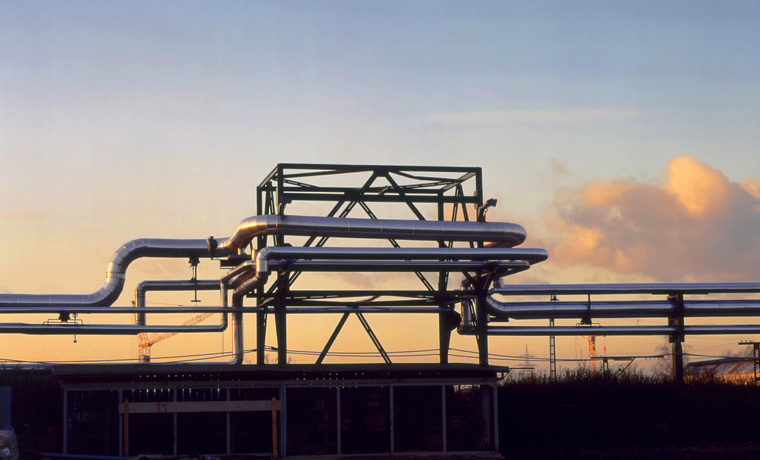
Little Delaney Tercero, 3, was sitting with her father and sister in their Midland, Texas, mobile home one day last August, when her family’s world came crashing down around them.
There was no way they could have known that a 10-inch gathering pipeline just outside the front door was leaking, filling their house with raw natural gas.
The vapors ignited just as Delaney’s mother opened a dryer door, triggering a massive explosion that destroyed the building.
According to the Texas Tribune, Delaney died in a Lubbock hospital just two days after the August 9th pipeline explosion.
Her mother, father, and 2-year-old sister suffered severe burns.
Pipeline Operator Escaped Penalty After Fatal Midland Explosion
Because of a “compromised” anti-corrosive coating, the gathering line developed a dime-sized hole and had been leaking natural gas for an unknown length of time before the fatal blast.
Regular inspections might have discovered the dangerously deteriorating pipeline in time to save Delaney. Unfortunately, the line’s owner, Houston-based Targa Resources Corp., was under no obligation to conduct such inspections.
In fact, the Houston-based company wasn’t even required to report the Midland explosion to regulators, nor will it ever face any state or federal penalties in connection with the tragedy.
Rural Gathering Line Regulation Largely Up to Individual States
Thousands of miles of gathering lines underlie the Permian Basin, where they transport oil and natural gas from wellheads to processing sites throughout West Texas.
Because the federal Pipeline and Hazardous Materials Safety Administration (PHMSA) only regulates high-pressure gathering lines in highly populated areas, it’s up to individual states to regulate small, rural pipelines like the one that blew up in Midland.
Texas, the nation’s largest oil- and gas-producing state, is one of many that do not.
Although the state legislature granted the Texas Railroad Commission power to regulate rural gathering lines in 2013, lawmakers never allocated funds to establish or maintain such a program.
Consequently, the Texas Railroad Commission never bothered to write the detailed regulations needed to enforce the law.
As a result, pipeline operators in the Lone Star State aren’t required to mark or regularly inspect rural gathering lines. In fact, they don’t even have to develop an emergency plan for explosions or spills.
Recent Efforts to Regulate Rural Gathering Pipelines Have Stalled
The PMHSA has apparently contemplated gathering line regulations for decades, but those efforts inevitably stall.
Safety advocates insist any federal regulations should apply to rural gathering lines over 8-inches in diameter, which would cover the type of pipeline that killed little Delaney Tercero.
Unfortunately, the oil and natural gas industry wants new regulations limited to rural gathering lines wider than 16-inches in diameter. While a PMHSA compromise proposal is a slight improvement over that scheme, it would still allow pipelines 12.75 inches or smaller to escape regulatory oversight.
Call 1-888-603-3636 or Click Here For a Free Consultation with Our Undefeated Pipeline Explosion Lawyers
Our Undefeated Pipeline Explosion Lawyers have won over $1 billion, and successfully represented more than 1,000 people throughout Texas and across the United States following pipeline explosions and other catastrophic industrial accidents..
Please call 1-888-603-3636 or Click Here to send us a confidential email via our “Contact Us” form.
All consultations are free, and because we only work on a contingency-fee basis, you’ll owe nothing unless we win your case.